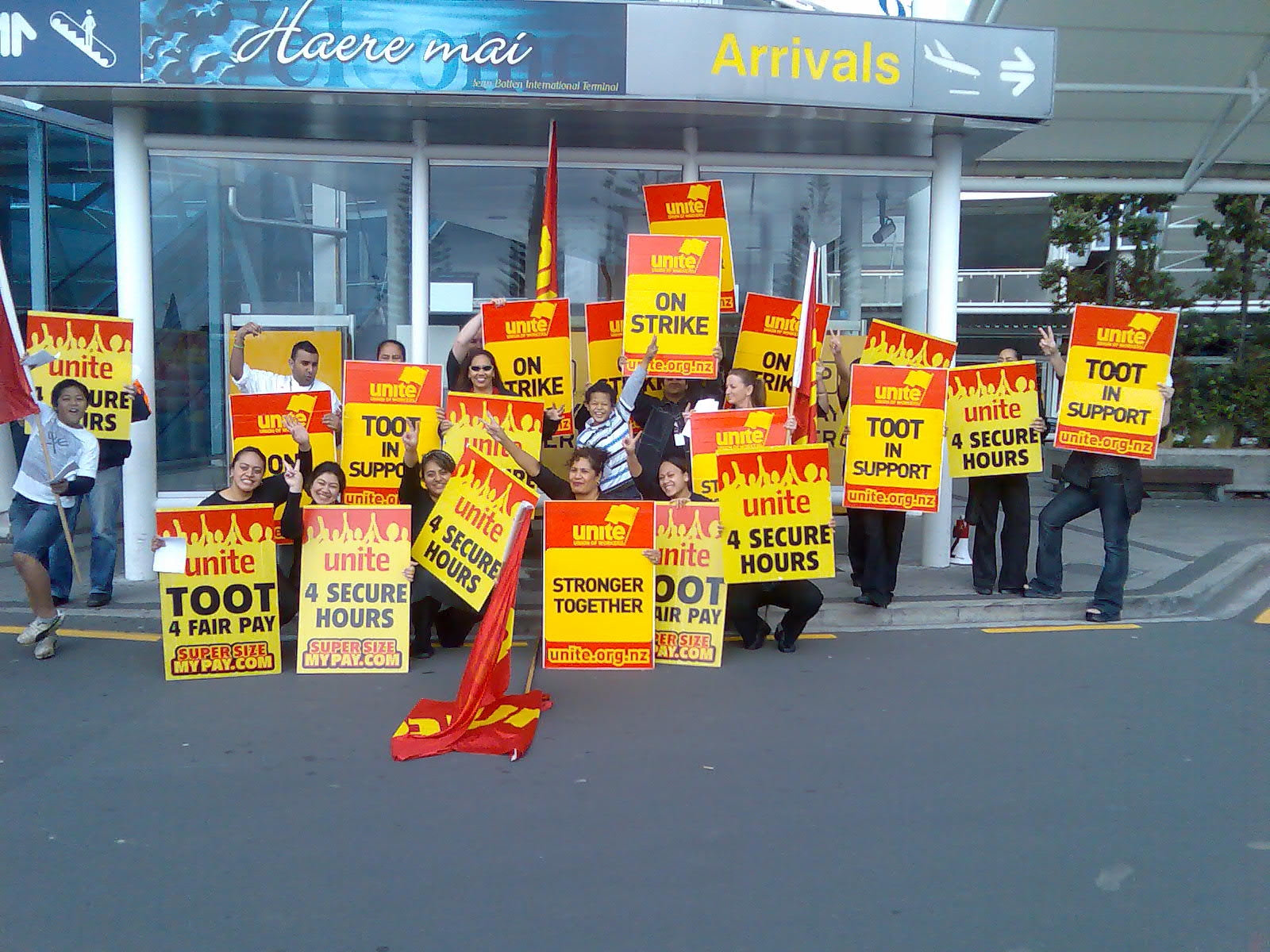Hear John Edmundson at Marxism 2008 on Afghanistan’s long-running resistance
New Zealand has been at war in Afghanistan since the beginning of that war, but people could be excused for not realising this. While the war in Iraq has made the news, Afghanistan is more or less ignored and New Zealand’s involvement is even less reported on.
Yet at the same time, Afghanistan is portrayed as “the good war”, in contrast to “the bad war” in Iraq. Whatever coverage there is is almost exclusively of one type; the good work New Zealand soldiers are doing in Bamian. With the embarrassing exception of the troops sent home recently for drug offenses, the only other story to make the news, and it was huge, was the awarding of the VC to Corporal Apiata.
For New Zealanders, the war in Afghanistan should be big news. Soldiers from this country are over there participating in this brutal occupation. We should be hearing about this and we should be opposing it. Instead, it is completely below the radar. (Saturday 31 May 10am)
The dialectics of nature and nurture – Daphna Whitmore challenges mechanical approaches to genes and the environment
The debate over what influences the development of an organism most – genes or environment – has largely been treated in a mechanical way. The pendulum has swung back and forth as to which plays the bigger role but few scientists take an all-sided view.
Drawing on the work of scientists Lewontin, Levins and Gould, who use the dialectical method, Daphna makes a case that there’s more to development than genes and environment.
It is 55 years since the structure of DNA was revealed and it is time to ask why gene therapy not progressed beyond the trial stage. Daphna argues that DNA doesn’t play quite the determining role that is commonly believed and that genes are irrelevant for some characteristics.
Daphna contends that ‘genomania’ has a social context which is holding back progress.
Likewise, our concept of the environment is shaped by current ideology. “Preserve the environment” is a catchy slogan but nonsense in biology, says Lewontin. Do organisms “adapt” to their environment or is adaptation a misused metaphor? Just how much is science guided by social thinking rather than objective exploration? (Saturday 31 May 4.15pm)
Join the discussions at Marxism 2008 Queens Birthday weekend Grey Lynn Community Centre, 510 Richmond Rd, Grey Lynn Auckland. (See full programme here)
 Two dozen workers at Auckland Airport’s foodcourt staged a lightening strike on Saturday 7 June, in protest at medieval working conditions. The strikers marched through the foodcourt calling for their rights and were applauded by the public.
Two dozen workers at Auckland Airport’s foodcourt staged a lightening strike on Saturday 7 June, in protest at medieval working conditions. The strikers marched through the foodcourt calling for their rights and were applauded by the public.